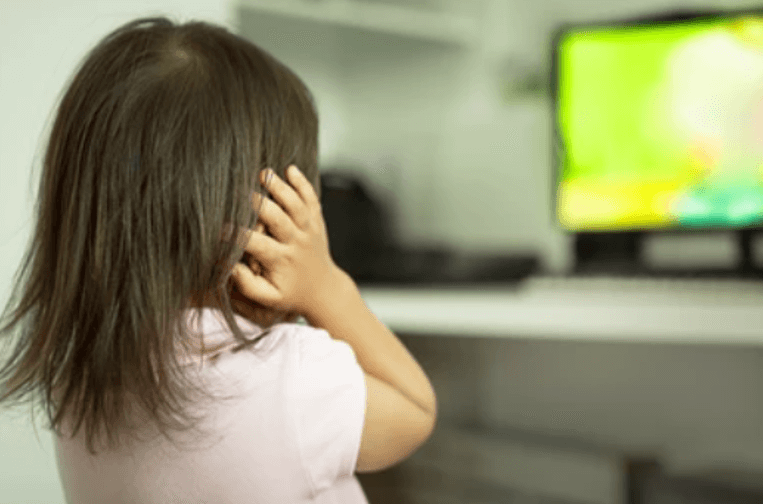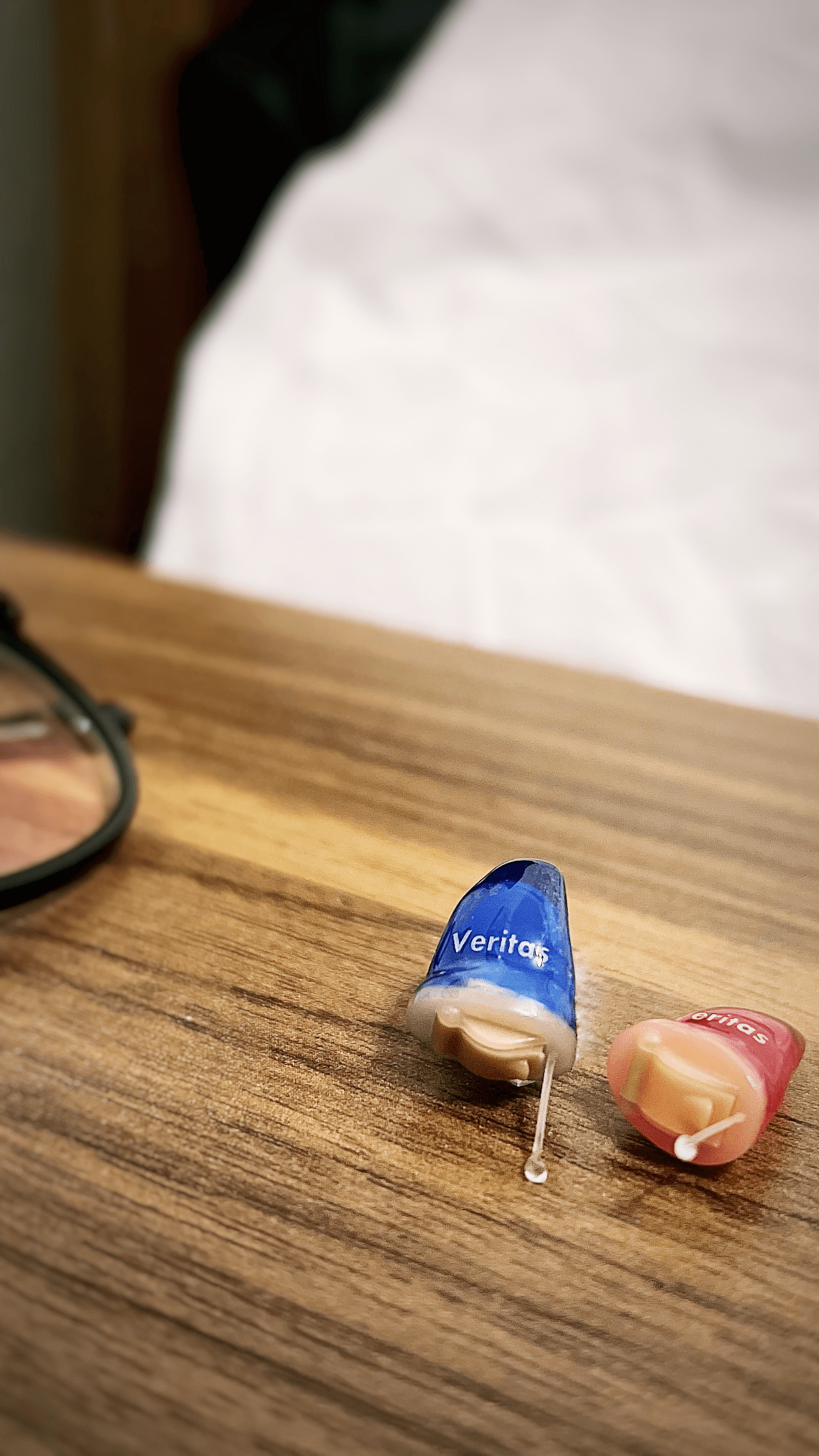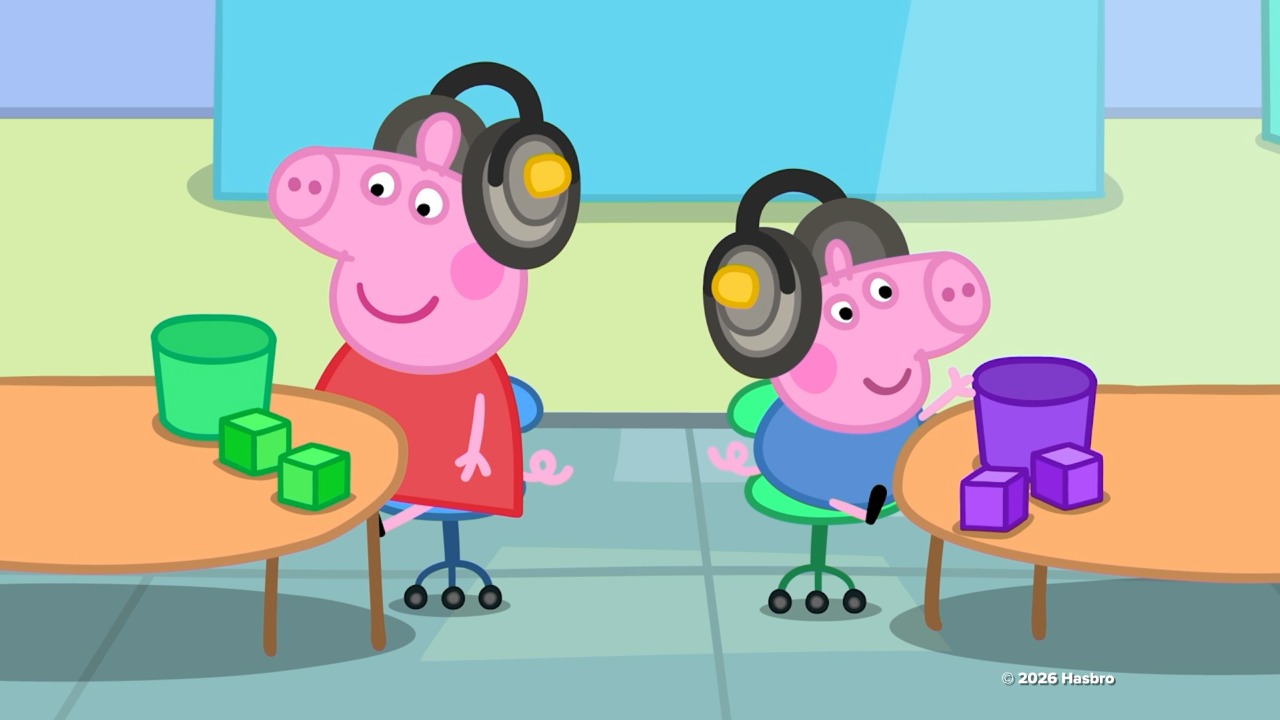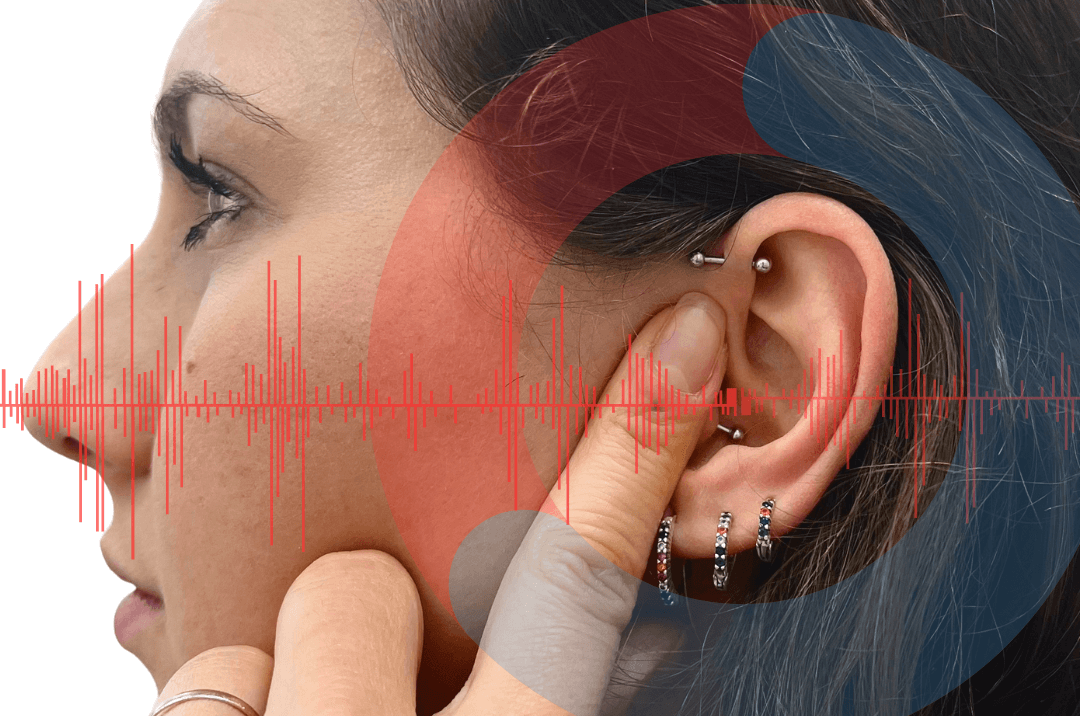Hearing loss is one of those things that often goes ignored for quite an extended period of time. This means that whilst the hearing loss is left untreated, the brain is working extra hard to fill in the gaps in sound. This can result in listening fatigue.
What is listening fatigue?
Listening fatigue, which is also sometimes referred to as listener’s fatigue or ear fatigue, occurs when you have to strain to hear and interpret a sound. This can result in mental, physical and emotional exhaustion. This is because when a hearing loss is present, the brain has to work harder than usual to fill in the gaps in sound. As hearing loss worsens over time and the brain has to work exceptionally hard, the more exhausted it can make you feel. This exhaustion can result in feeling as though you need to rest more, or even isolate yourself from group situations.
What are the signs of hearing loss?
It’s not always easy to pinpoint the moment you realised you had a hearing loss or even notice at all. Having to turn the TV up louder than usual is normally a good indicator. Some people say they just begin to experience life a little less vibrantly. Luckily, there are some sure-fire indicators that you can take note of:
- Asking people to repeat themselves often
- Finding group conversations difficult to follow
- Having difficulty understanding people on the phone
- People commenting on how loud your TV or radio is
- Struggling with conversations when there is a high level of background noise, particularly in cafes or restaurants
- Feeling like people are always mumbling when they’re talking to you
- Finding it tricky to establish the direction a sound is coming from
- Avoiding social situations because you are worried you won’t keep up with the conversation
- People in your life, especially those closest to you, have suggested you have a hearing loss

If your family are telling you that your TV is consistently too loud, it might be time to book yourself in for a hearing consultation.
How can listening fatigue be treated?
Listening fatigue can be treated easily with hearing aids. Generally, healthy adults should get their hearing tested once every 10 years. Once you reach 60, it is recommended that you have yearly hearing tests. After a hearing test, a hearing care professional will be able to advise if you have a hearing loss and what severity that hearing loss is. If there is a hearing loss, they will talk you through your options and advise you which model of hearing aid they would recommend for your specific hearing loss and lifestyle. The hearing aids will help to restore the gaps in sound that have been causing the listening fatigue and the brain doesn’t have to work as hard.

Hearing aids help to reduce listening fatigue greatly.
If you think it’s time you had your hearing tested, please send us a message. A hearing test is a quick, painless experience.




